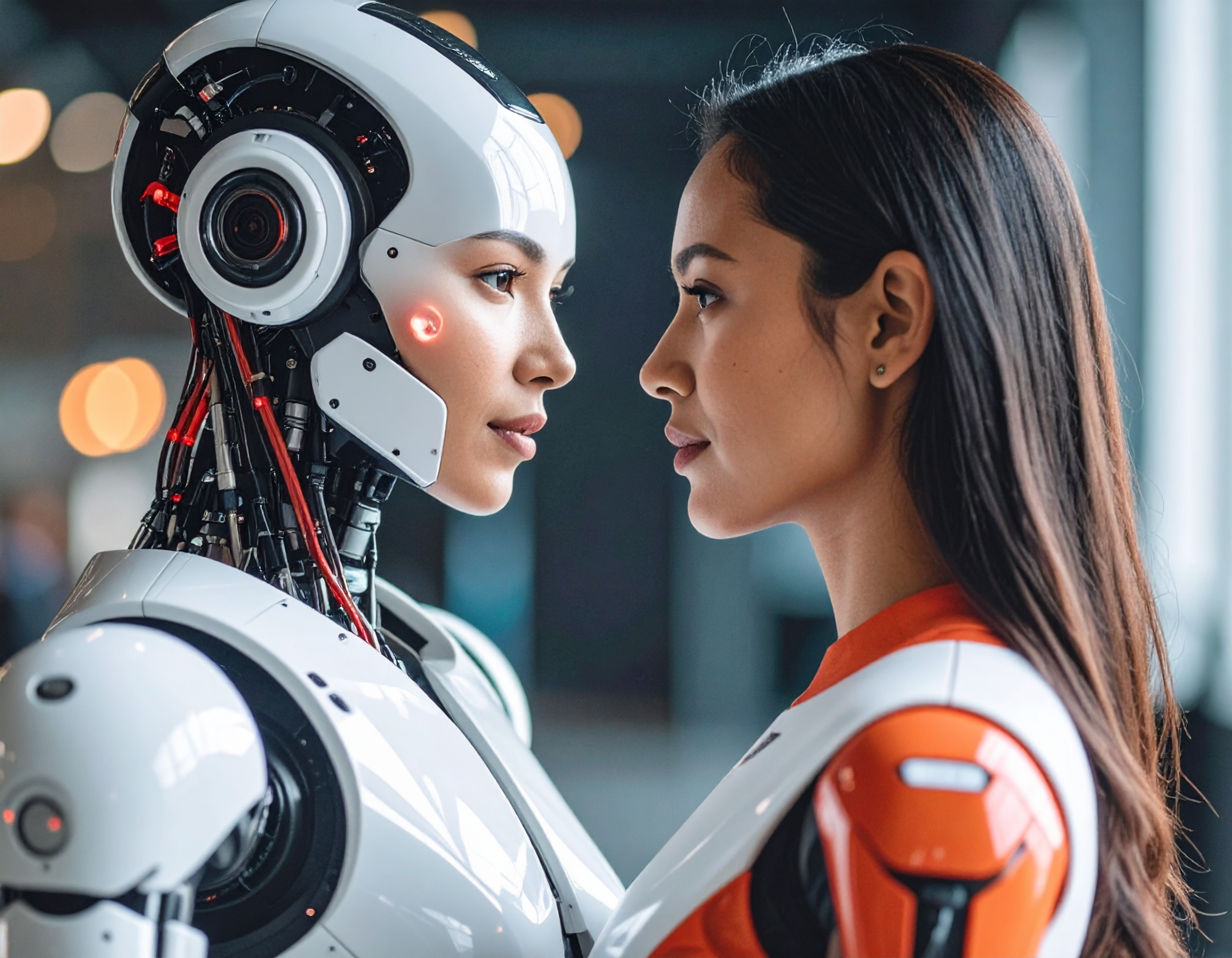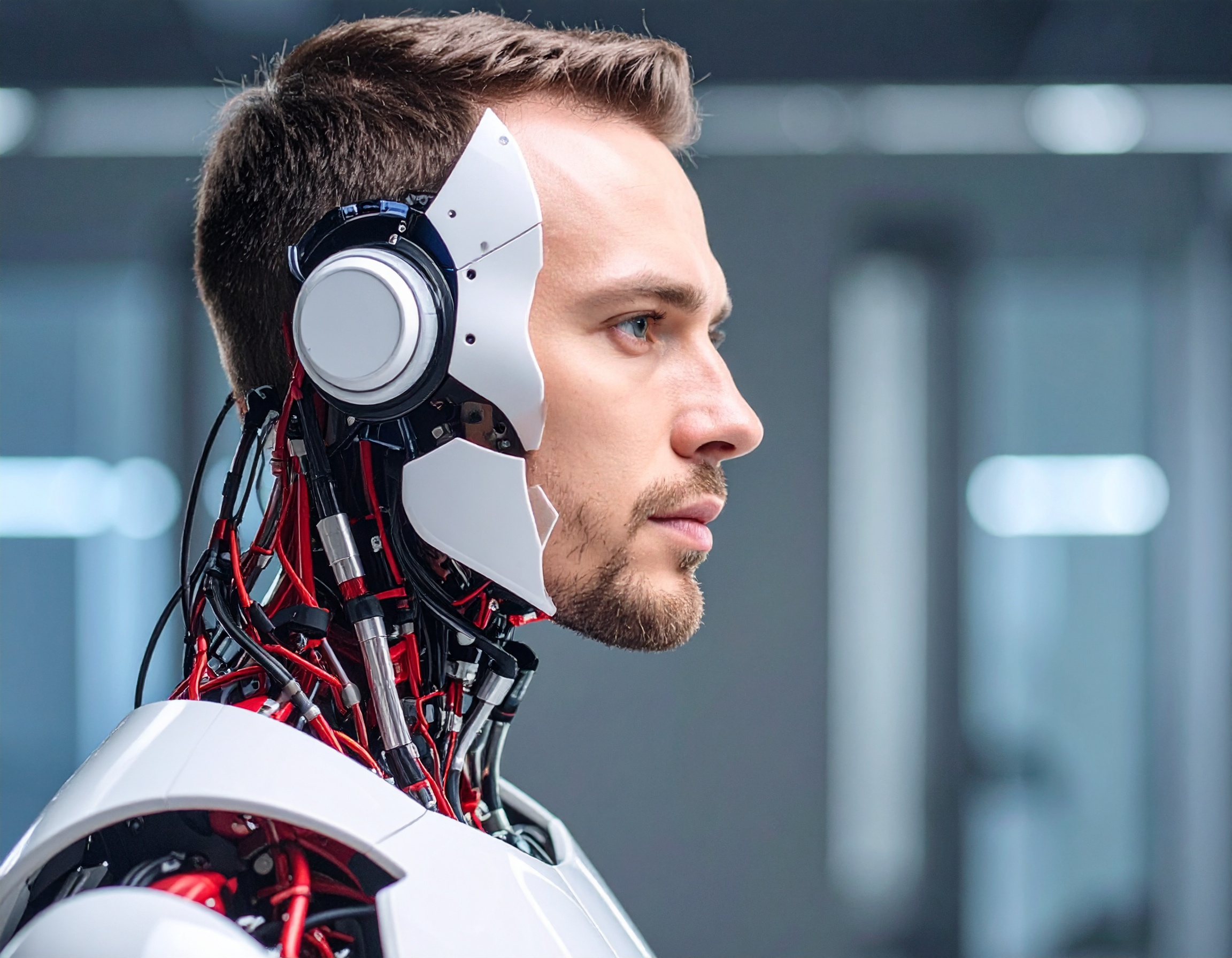Agibot Leads the Way: China Outpaces Tesla in Humanoid Robot Revolution

Mass Production of Humanoid Robots Begins
In December 2024, Chinese robotics start-up Agibot announced it has commenced mass production of general-purpose humanoid robots, a significant leap in the global robotics industry. Founded in February 2023, the company has already produced at least 962 units, surpassing Tesla's projected timeline for high-volume humanoid robot production, which is set for 2026.
This achievement highlights Agibot’s advanced manufacturing capabilities and positions China as a leader in the field. The milestone is particularly relevant as industries worldwide explore the integration of intelligent agents and non-human workers to streamline operations.

The Role of Digital Employees in Shanghai’s Smart Factory
Agibot’s state-of-the-art facility in Shanghai employs a unique collaborative system where humanoid robots work alongside human employees. These digital employees perform tasks such as shelving inventory, assembling parts, and conducting quality testing.
To further enhance robot training, the company has established a “data collection factory” where robots are exposed to real-world scenarios, including folding clothes, cleaning, and interacting with various household objects. This approach ensures the robots can adapt to diverse environments, making them highly versatile.

Agibot’s Edge Over Competitors
While Tesla plans to enter the humanoid robot market in the next two years, Agibot’s early success gives it a competitive advantage. The company has already achieved hardware standardization, a critical milestone in robotic manufacturing. However, industry experts emphasize that long-term success will depend on market demand and the ability to implement these intelligent agents in practical, real-world applications.
The Future of Intelligent Agents
As Agibot continues to innovate, its advancements underline the growing importance of digital employees in reshaping industries. From logistics to household tasks, these non-human workers are set to play a transformative role in the economy. Agibot's progress not only accelerates the timeline for widespread adoption of humanoid robots but also sets a new benchmark for competitors globally.

Key Highlights:
- Mass Production Milestone:
In December 2024, Agibot began mass production of humanoid robots, producing at least 962 units since its founding in February 2023. - Shanghai Smart Factory:
The facility combines humanoid robots and human workers for tasks like inventory shelving, component testing, and quality control. - Training Through Real-World Scenarios:
A "data collection factory" trains robots in daily tasks such as folding clothes and cleaning, ensuring adaptability to diverse environments. - Competitive Advantage:
Agibot surpasses Tesla, which plans to begin large-scale humanoid robot production in 2026. - Global Implications:
Industry experts see this as a critical step in advancing intelligent agents and non-human workers, with potential applications across logistics, manufacturing, and domestic settings. - Relevance to Market:
Success will hinge on consumer demand and effective integration of digital employees into real-world applications.
Reference:


